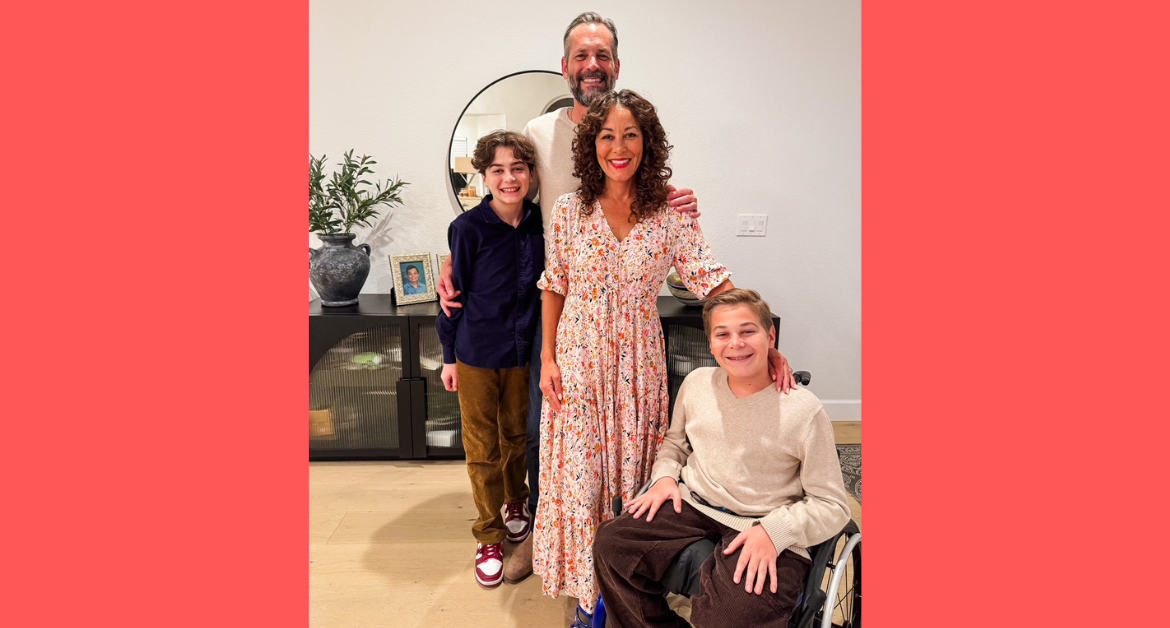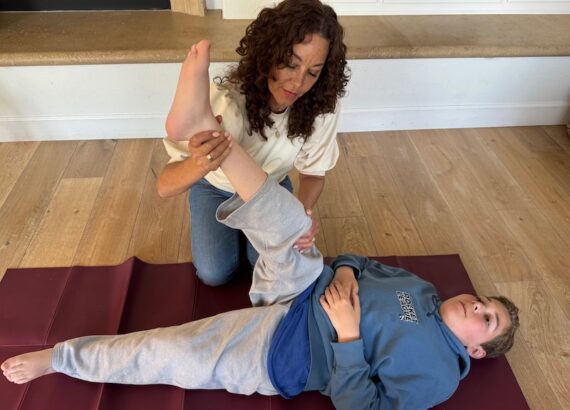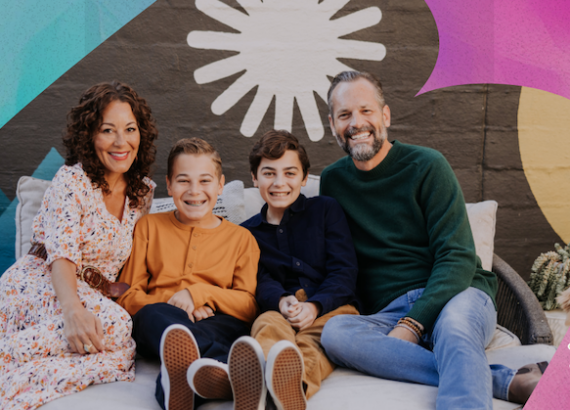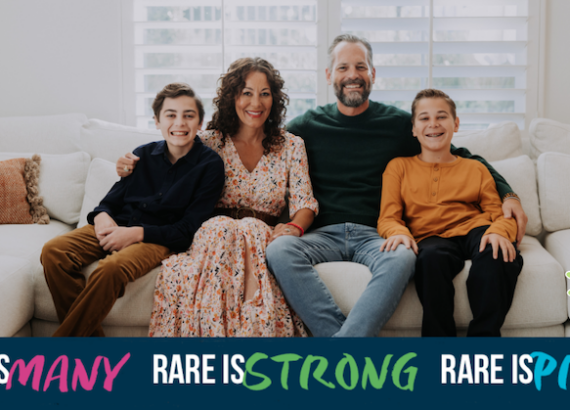Growing Our Gratitude

In honor of November and Thanksgiving, I want to share the transformative power of gratitude and ways to nurture it in our lives.
Gratitude is more than just a feel-good emotion—it’s one of the highest frequencies we can tap into. It has the power to shift our energy, protect our health, and, most importantly, connect us with the healthcare professionals and rare disease families who make this journey a little easier. Let’s explore how to grow our gratitude.
Recognizing the Helpers
Gratitude can sometimes feel abstract, but it becomes tangible when we recognize the people who truly see us, understand our child’s needs, and work to make our journey easier.
Think about the therapist who doesn’t rush sessions, the nurse who ensures our child feels safe, or the doctor who patiently answers every question. These are the individuals who deserve our recognition and appreciation.
In our rare disease circles, we often share stories of medical gaslighting or unhelpful providers. But for every challenging encounter, many of us have experienced providers who go above and beyond. These people make a big difference in our lives. When I reflect on those who have helped us, the list grows long, and it brings a smile to my face. It’s a touching reminder of humanity’s kindness and restores my hope in the goodness of the world.
Pause for Reflection
Take a moment to think about your journey. Who’s been there for you? Who’s shown up in ways that went beyond their job description? When you recall their acts of kindness, doesn’t it move you?
How to Show Gratitude
Here are some meaningful ways to express gratitude:
A Simple Thank-You Note
A handwritten note might feel old-school, but it’s incredibly powerful. Whether it’s a brief message or a heartfelt letter, sharing specific details makes it even more impactful. For example:
- “Thank you for taking the time to numb my child’s arm and ease their fear before the blood draw.”
- “Thank you for staying late to answer our long list of questions and calming our nerves before the procedure.”
Public Acknowledgment
Consider leaving a positive review or tagging them in a heartfelt post. Sharing praise with their supervisor can also highlight their exceptional efforts.
Personal Touches
Bake treats, create handmade cards, or craft something meaningful with your child. While simple, these gestures show thoughtfulness.
Recommending Them
Word-of-mouth is powerful. Sharing your positive experiences with other families can make a world of difference to a provider.
Choose whatever method feels most meaningful to you. For me, I’m not a baker or super crafty, but I enjoy writing. So, I often write detailed thank-you notes. The point is to express gratitude in a way that feels authentic to you.
Expressing appreciation can have a profound impact. Gratitude increases job satisfaction and well-being for providers, especially in high-stress environments like healthcare. When we acknowledge their efforts, we reinforce the approaches that work for our rare children and families. This mutual recognition creates a positive feedback loop, deepening our relationships and fostering a stronger support system.
The Benefits of Gratitude
Gratitude doesn’t just benefit those we thank; it’s transformative for us, too. Research shows that practicing gratitude reduces stress, enhances mental clarity, and builds resilience.
In Episode 17 of Rare Mamas Rising, I spoke with Deb Ayres, mother of Avalon (who has Hypophosphatasia) and President of the Avalon Foundation. Deb explained that every emotion carries its own energetic vibration. Negative emotions like frustration have lower frequencies, while positive ones like joy and gratitude resonate at the highest levels.
Deb shared: “Joy is your highest-level vibration, and gratitude matches it. When we practice gratitude, we elevate our energy, protect our health, and guard against negativity.”
Her wisdom reminds us that gratitude isn’t just a mood booster—it’s a vital tool for physical and emotional resilience!
What Gratitude Teaches Our Children
Practicing gratitude is also a powerful lesson for our children. Research shows that kids who regularly express gratitude experience stronger mental health, better relationships, and greater resilience. For children in the rare disease community, practicing gratitude helps build an adaptive mindset, teaching them to recognize and appreciate the support in their lives.
Gratitude fosters empathy, enhances social connections, and equips our children with emotional tools to navigate life’s challenges. It’s a practice that benefits not just the present but their future, too.
Gratitude for the Caregiving Community
One of the greatest gifts of this journey is the caregiving community surrounding us. While the challenges may feel isolating, the rare disease community reminds us that we’re not alone. Parents, friends, and advocates lift us up, sharing resources and encouragement when we need it most.
This community celebrates every small victory and offers understanding that only comes from walking a similar path. Expressing gratitude for this network strengthens it, ensuring it thrives for families to come.
Closing Thoughts
To my fellow Rare Mamas, thank you for being part of this community. Walking alongside you on this journey is an honor I don’t take lightly. Together, we’re creating something truly beautiful, and I’m so grateful to be part of your story. May your gratitude flourish in countless ways!








